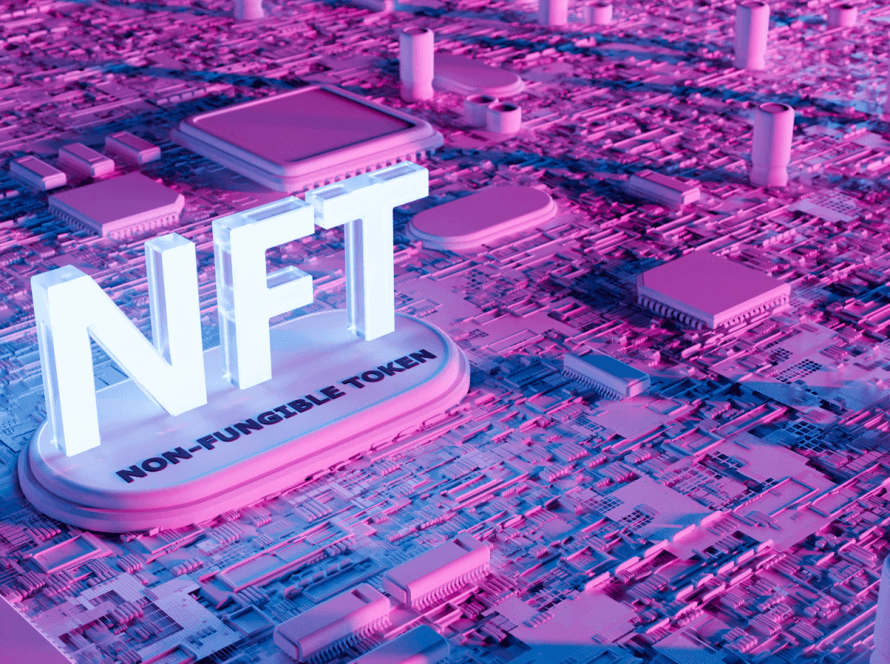IIn the fast-paced arena of cryptocurrencies, non-fungible tokens (NFTs), and digital asset trading, safeguarding your digital treasures while maintaining quick and easy access is paramount. This is where hot wallets step in – they are your trusted companions in the world of digital finance. In this comprehensive article, we will explore the different types of hot wallets available, along with insights to help you make informed choices and navigate the exciting landscape of digital assets..
# Hot Wallets: Your Digital Vault
Hot wallets are like your digital vaults, providing quick and easy access to your crypto assets for trading and spending. These wallets are connected to the internet, making them convenient for active traders and enthusiasts who need frequent access to their funds. Think of them as your everyday wallet for the digital world.
Hot wallets vs. cold wallets: Hot wallets are connected to the internet and online. The private keys required to sign transactions are always online, which leaves your wallet vulnerable to hacks or theft. Cold wallets are offline and come in a physical form, such as the hardware devices from Ledger or Trezor. Hardware wallets preventing your private keys from coming into contact with any online systems and are your safest bet.
Here are some of the major advantages of crypto hot wallets:
- Accessibility: You can access your assets from anywhere with an internet connection.
- User-Friendly Interfaces: Hot wallets typically feature intuitive apps and interfaces.
- Integration: Many hot wallets seamlessly integrate with cryptocurrency exchanges and platforms.
- Fast Transactions: Hot wallets enable quick and cost-effective transactions.
- Multi-Coin Support: They often support various cryptocurrencies, including NFTs.
# Types of Hot Wallets
There are three primary types of hot wallets, each with its own features and security considerations:
- Web Wallets: These are online wallets like the Coinbase wallet that you can access through a web browser. They offer convenience and accessibility, but you’re trusting a third party to keep your funds secure. Very convenient but with a higher hacking risk. When using a web wallet, ensure it has a strong security track record and employs industry-standard encryption.
- Desktop/Browser Extension Wallets: These wallets are installed on your computer as either desktop applications or browser extensions. They provide more control over your private keys, enhancing security. For added protection, consider using a desktop wallet in conjunction with cold storage for your most valuable assets.
- Mobile Wallets: Mobile wallets like Trust Wallet and MetaMask are smartphone apps that allow you to manage your assets on the go. They are an excellent choice for everyday spending and small transactions, offering convenience and accessibility.
Some of the best known hot wallets include:
- Metamask: A leading Ethereum and multi-chain wallet.
- Coinbase Wallet: Popular among new crypto investors.
- TrustWallet: A top mobile wallet with support for numerous assets.
- Exodus: A user-friendly desktop wallet designed for both coins and NFTs.
# Security Measures
While hot wallets offer convenience, they also require vigilant security practices to safeguard assets:
-
Strong Passwords: The foundation of your wallet’s security lies in a strong and unique password.
-
Two-Factor Authentication (2FA): Enable 2FA for an added layer of security; it’s a simple yet effective measure.
-
Regular Updates: Keep your wallet software up to date to ensure you have the latest security patches and enhancements.
-
Phishing Awareness: Be cautious of phishing attempts; always verify links before clicking. Research the provider’s reputation and security history to avoid falling victim to scams.
Phishing attacks pose a significant threat in the crypto space:
The biggest threat of “crypto hack” is phishing. According to the Federal Trade Commission (FTC) Consumer Sentinel, from October 2020 through March 31, 2021, crypto-related scams skyrocketed to about 7,000 people reporting over $80 million in losses. (Zen Chan, Hackernoon)
# Best Practices for NFT Enthusiasts
NFT collectors can also benefit from hot wallets:
-
Dedicated Wallets: Consider using a dedicated hot wallet exclusively for NFTs to avoid commingling them with other crypto holdings.
-
The Golden Rule: Adhere to the “Three Wallet Rule”: one wallet for trades, one for minting/claiming NFTs and coins, and one as your vault (a hardware wallet) that remains untouched for long-term storage.
-
Hardware Wallets: For long-term storage, hardware wallets provide enhanced security. Use hot wallets for day-to-day transactions while keeping the bulk of your crypto assets in cold storage.
-
Secure Backup: Regularly back up your NFT wallet’s recovery phrase offline, just as you would for your other crypto holdings.
# conclusion
Hot wallets are your key to entering the exciting world of cryptocurrencies, NFTs, and coin trading. Remember, convenience comes with responsibility – implement robust security measures to keep your digital treasures safe. As you embark on your crypto journey, take inspiration from these web3 leaders and their wisdom.
Whether you opt for a web wallet, desktop wallet, or mobile wallet, always stay informed, stay secure, and stay curious as you navigate the thrilling landscape of digital finance.
So, what are you waiting for? Secure your first wallet, and let the trading and collecting begin!





